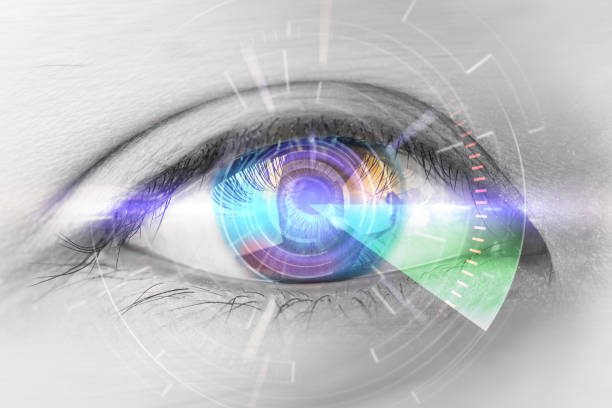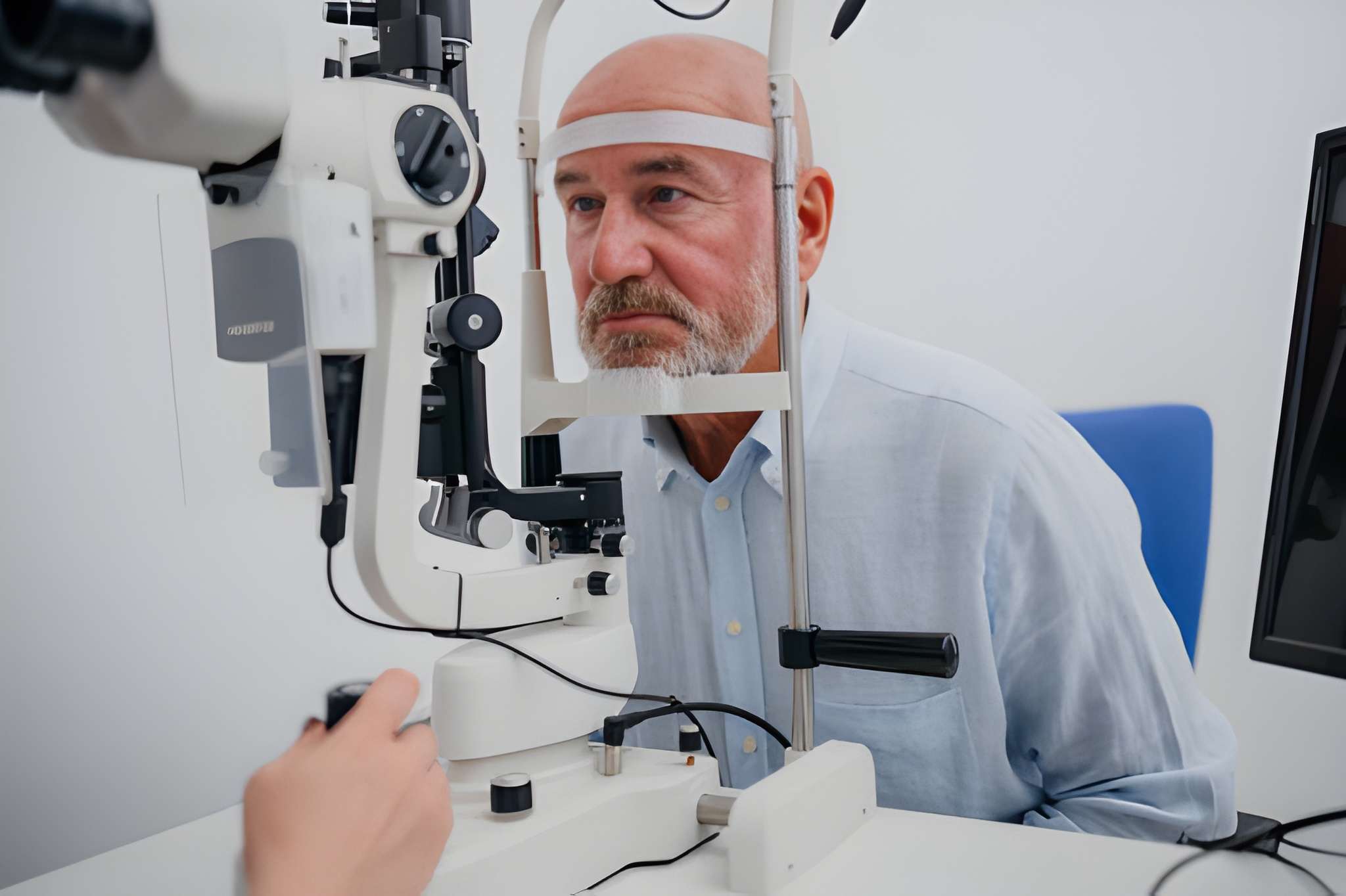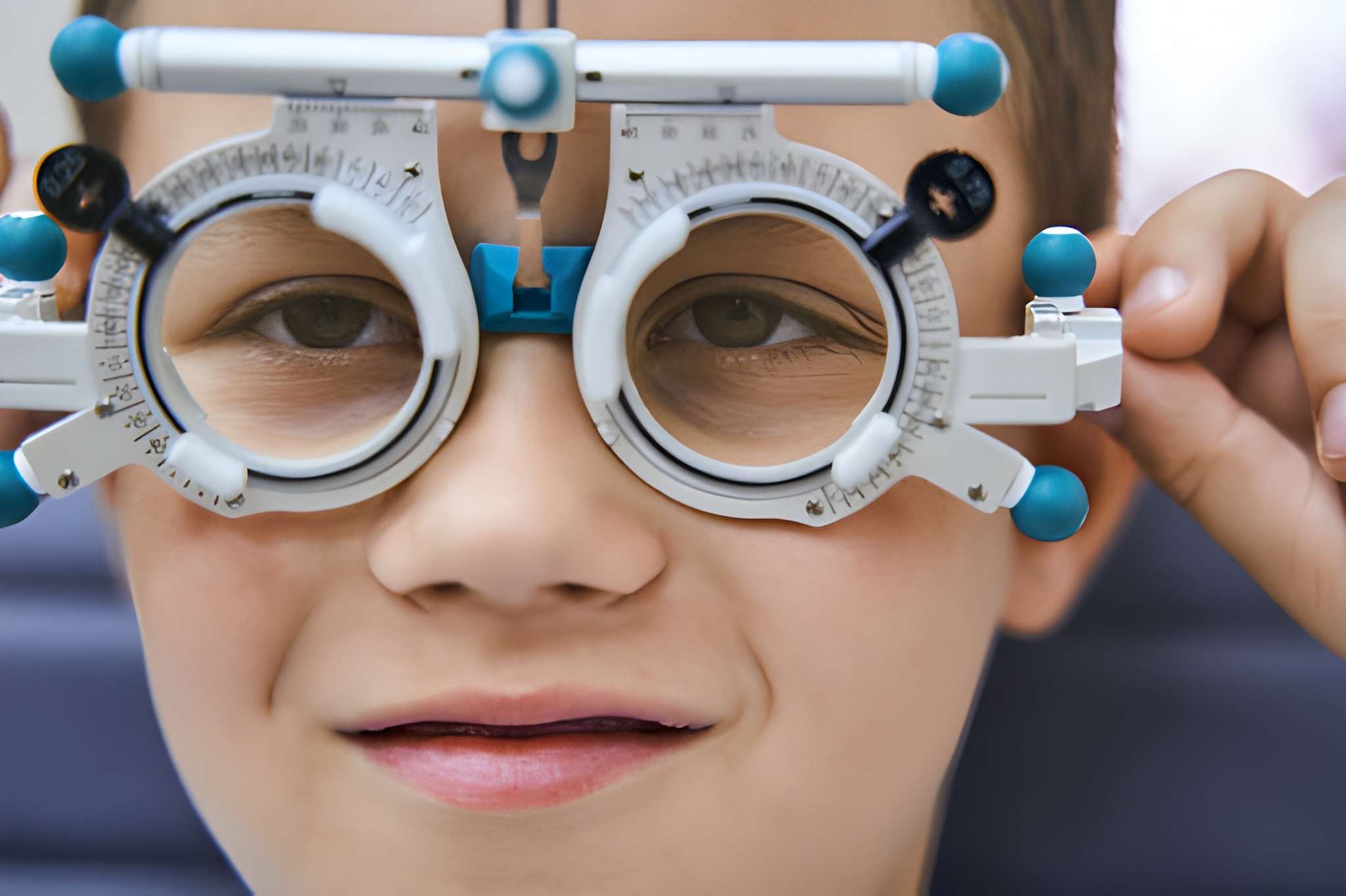Are you considering vision correction surgery? Unsure whether to choose ICL or LASIK? Let’s delve into the details and compare the two procedures to help you make an informed decision. In recent years, ophthalmology has advanced, offering patients numerous options for vision correction. Among these options, ICL surgery in Dubai and LASIK stand out as popular choices. Both procedures aim to reduce dependence on glasses or contact lenses, yet they differ in their approach and suitability for certain eye conditions. By understanding the details of each procedure, including their benefits and limitations, you can confidently select the one that best fits your needs and preferences.
Understanding ICL and LASIK
ICL and LASIK are both advanced vision correction procedures. They have transformed the lives of millions worldwide. ICL involves implanting a collamer lens in front of the eye’s natural lens. LASIK reshapes the cornea using a laser to fix refractive errors. Both aim to improve vision and reduce dependence on glasses. But, they differ in their surgery, who can have them, and the results. To make an informed choice, you need to understand the key differences between ICL and LASIK. They will help you choose the best procedure for your needs.
Related Article: Who is not suitable for ICL surgery?
Comparing the Advantages
When considering ICL and LASIK, you must weigh their benefits.
Advantages of ICL:
- Suitability for Thin Corneas: ICL is great for thin corneas. It does not need corneal reshaping.
- Reversibility: Unlike LASIK, ICL offers the flexibility of reversibility. The lens can be removed or replaced if necessary.
- Stability of the Cornea: This stability reduces the risk of eye conditions. These include cataracts and macular degeneration.
- Stability of the Cornea: ICL surgery does not change cornea stability. It is good for patients with irregular corneas.
How long does LASIK last?
Advantages of LASIK:
- Broader Range of Vision Correction: LASIK can correct more refractive errors. These include myopia, hyperopia, and astigmatism.
- Quicker Recovery Times: Many patients see better soon after LASIK. They have little discomfort and downtime.
- Lower Risk of Infection: LASIK has a lower risk of infection than ICL. This is because it does not involve putting in a foreign object.
- Cost-Effectiveness: LASIK is cheaper than ICL. This makes it popular for patients seeking affordable vision correction.
Considering the Limitations
When weighing ICL vs. LASIK, it’s key to acknowledge the limits of each.
- ICL Cost: ICL tends to come with a higher price tag compared to LASIK. This is mainly because of the extra materials and surgical complexity. These are part of the implantation process.
- Risk of Infection: The chance is rare. But, putting a foreign object in the eye during ICL surgery slightly raises the risk of infection. Patients should know about this risk. They should talk about it with their surgeon.
- LASIK Suitability: LASIK may not be suitable for individuals with thin corneas. The procedure requires a certain corneal thickness to ensure successful outcomes. Patients with thin corneas may need to explore other options. They may also need extra testing to see if they are suitable.
- Irreversibility: Unlike ICL, LASIK results are permanent and irreversible. Once the cornea has been reshaped, it cannot be undone. This shows the importance of careful pre-op evaluation. It also shows the need for patient counseling. Both are needed to ensure realistic expectations and the best outcomes.
Lasik Eye Surgery Benefits and Risks
Making Your Decision
Choosing between ICL and LASIK requires careful thought. You must consider your vision needs, corneal thickness, lifestyle, and budget. ICL offers advantages. It suits thin corneas and offers UV protection. But, LASIK may be preferred. It corrects a broader range of vision and has a quicker recovery. You must schedule a meeting with an experienced eye surgeon. In the meeting, you will discuss your options, address concerns, and make a treatment plan just for you. You can weigh the benefits and limits of each procedure. Then, align them with your priorities. This will let you make an informed decision about your vision correction.
Schedule Your Consultation with Eye Specialists Today!
Are you ready to take the next step towards a clearer vision? Schedule a consultation with an experienced Eye Specialist in Dubai today! Whether you’re considering ICL or LASIK, the Eye Specialist can give personalized recommendations based on your needs and circumstances.
During your consultation, the Eye Specialist will fully assess your vision and discuss the pros and cons of each procedure. With their help, you can make an informed decision and be guided to the best option for your vision goals.
Don’t wait any longer to experience the freedom of life without glasses or contacts. Contact us now to schedule your consultation with Dr Qasim Qasem and start your journey to a clearer vision!
Also read: Lasik vs Cataract Surgery
Frequently Asked Question
What is the recovery time for ICL surgery?
Most patients experience clear vision within a few days after ICL surgery. Full recovery typically takes about a week, but individual healing times may vary.
Can ICL correct astigmatism?
Yes, ICL can fix astigmatism. It gives a clear vision to patients with this error.
Is ICL surgery reversible?
Yes, ICL surgery is reversible. The lens can be removed or replaced if necessary, offering flexibility for patients.
Also read: How Many Days of Rest Are Required After ICL Surgery?
Does LASIK have age restrictions?
Doctors generally recommend LASIK for people over 18. They should have stable vision and no eye conditions.
What are the potential side effects of LASIK?
LASIK has common side effects. They include dry eyes, glare, halos, and temporary discomfort.
How long does LASIK surgery take?
LASIK surgery takes about 15 minutes per eye. Most patients see better right after.
Can LASIK correct nearsightedness and farsightedness?
Yes, LASIK can fix nearsightedness (myopia) and farsightedness (hyperopia). It gives clearer vision for many refractive errors.
What factors determine eligibility for LASIK?
Corneal thickness, refractive error, eye health, and vision stability are factors. They determine if someone is eligible for LASIK surgery. A comprehensive evaluation by an eye care professional is necessary.
Also read: How long do implantable contact lenses last?











